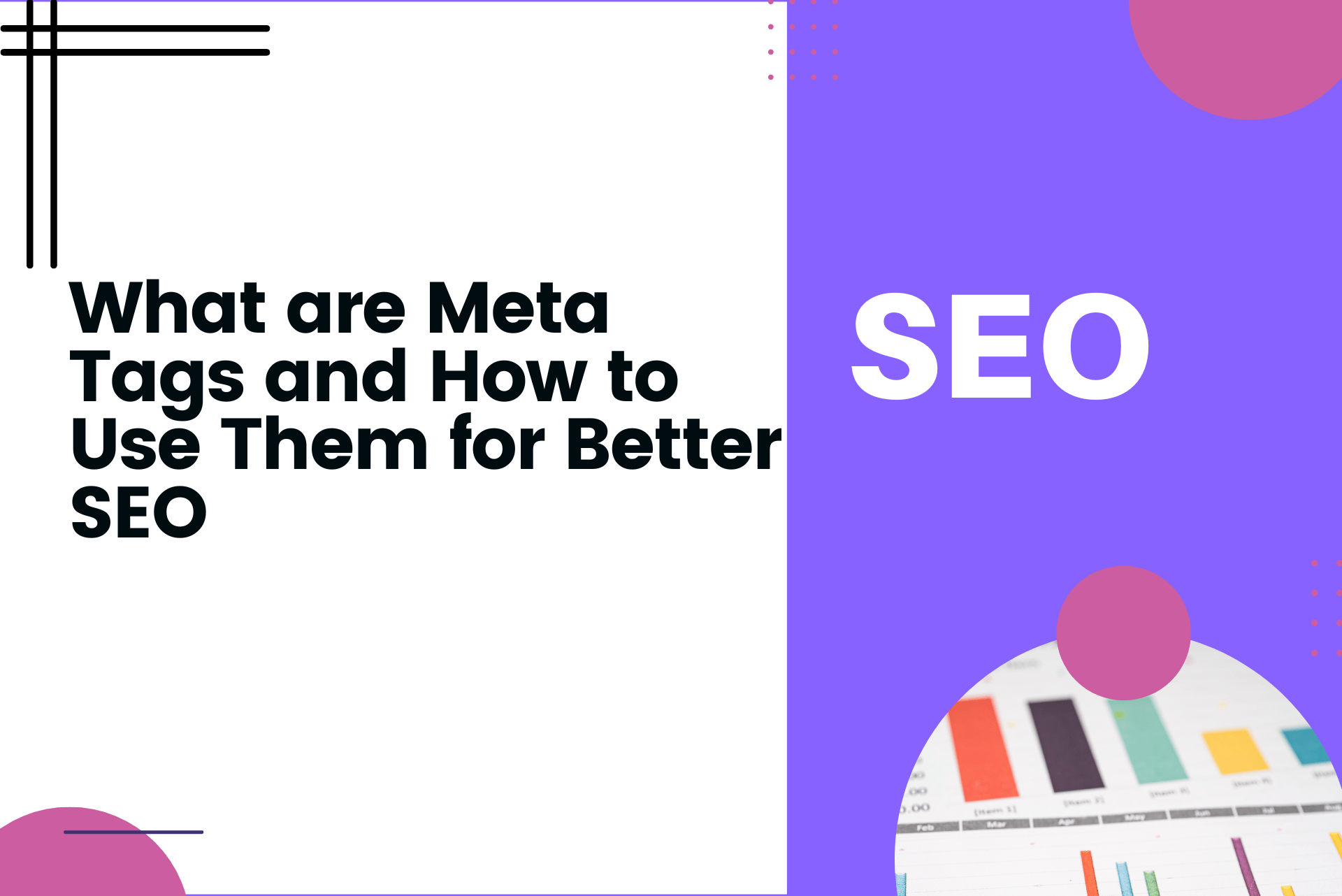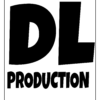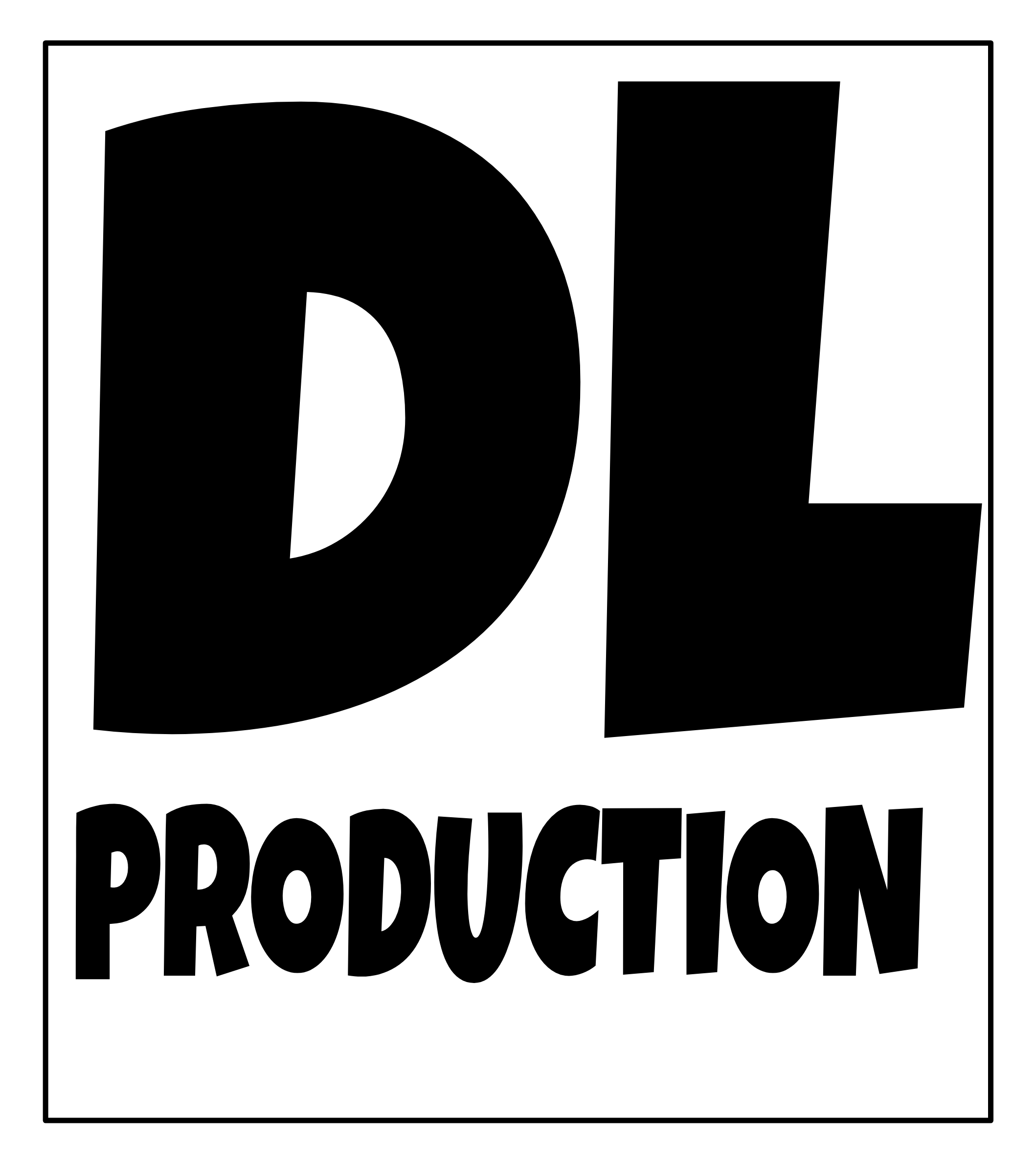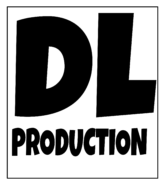

What are Meta Tags and How to Use Them for Better SEO
Learn everything you need to know about meta tags and how to use them for better SEO. This comprehensive guide covers everything from what meta tags are to how to optimize them for maximum search engine visibility.
Introduction:
Search engine optimization (SEO) is a critical part of any online marketing strategy. The better your website ranks in search engine results pages (SERPs), the more likely potential customers are to find and engage with your content. One key factor in SEO is meta tags, which are used to provide search engines with information about your website’s content. In this article, we’ll explain what meta tags are, why they matter, and how to use them for better SEO.
What are Meta Tags?
Meta tags are snippets of HTML code that provide information about your website to search engines. They are invisible to website visitors but are read by search engine crawlers to understand what your website is about. There are several types of meta tags, but the most important ones for SEO are the meta title tag, meta description tag, and meta keyword tag.
The meta title tag is the text that appears at the top of a browser window or tab when someone visits your website. It is also used by search engines as the title of your web page in search results.
The meta description tag is a brief summary of your web page that appears under the title in search results. It should be between 150-160 characters and provide an accurate and compelling summary of your content.
The meta keyword tag used to be a way to tell search engines which keywords were relevant to your content. However, it is no longer used by major search engines like Google, as they now use more sophisticated algorithms to determine the relevance of content.
How to Use Meta Tags for Better SEO:
Using meta tags correctly can help improve your website’s visibility in search engine results pages. Here are some tips on how to use meta tags for better SEO:
- Use unique meta title tags for each web page: Each page of your website should have a unique meta title tag that accurately reflects the content of that page. Use relevant keywords and try to keep it under 60 characters to avoid getting cut off in search results.
- Write compelling meta descriptions: Your meta description should accurately summarize the content of your web page and include a call-to-action (CTA) to encourage clicks. Use relevant keywords and try to keep it between 150-160 characters.
- Optimize for relevant keywords: While the meta keyword tag is no longer used by major search engines, it’s still important to optimize your content for relevant keywords. This means using keywords in your meta tags, headers, and throughout your content.
- Keep it simple: Avoid using special characters, symbols, or excessive capitalization in your meta tags. Stick to plain text that accurately reflects the content of your web page.
- Avoid duplicate content: Each page of your website should have unique meta tags that accurately reflect the content of that page. Avoid copying and pasting meta tags across multiple pages, as this can hurt your SEO.
Frequently Asked Questions:
Q: Do meta tags affect my website's ranking?
A: While meta tags are important for SEO, they are not the only factor that search engines use to rank websites. Factors like the quality of your content, backlinks, and website structure also play a role in your website's ranking.
Q: Can I use the same meta tags for multiple pages?
A: No, each page of your website should have unique meta tags that accurately reflect the content of that page. Using the same meta tags for multiple pages can hurt your SEO.
Q: What are some common mistakes to avoid when using meta tags?
A: Some common mistakes to avoid when using meta tags include using the same meta tags for multiple pages, using too many keywords, using irrelevant keywords, and writing vague or unhelpful descriptions.
Q: How do I check if my meta tags are optimized correctly?
A: There are several free tools available online that can help you check if your meta tags are optimized correctly. Some popular tools include Google's Search Console, Moz's On-Page Grader, and Yoast's SEO Plugin.
Q: Are there any best practices for using meta tags on images and videos?
A: Yes, for images and videos, you can use meta tags like alt tags and title tags to provide additional information to search engines. Alt tags should describe the content of the image or video in a few words, while title tags can be used to provide additional context.
Q: Can meta tags help with local SEO?
A: Yes, using location-specific keywords in your meta tags can help improve your website's visibility in local search results. This is especially important for businesses that rely on local customers.
Q: How often should I update my meta tags?
A: You should update your meta tags whenever you make significant changes to your website's content or structure. It's also a good idea to periodically review and update your meta tags to ensure they are still relevant and optimized for search engines.
Conclusion:
Meta tags are a critical part of SEO and can help improve your website’s visibility in search engine results pages. By using unique and compelling meta title tags and descriptions, optimizing for relevant keywords, and avoiding common mistakes, you can help ensure that your website ranks well in search results. Remember to keep your meta tags up-to-date and relevant, and use tools to check that they are optimized correctly. With a little effort and attention to detail, you can use meta tags to improve your website’s SEO and attract more visitors to your site.
Add a comment Cancel reply
Categories
- Artificial intelligence (4)
- Blogging (1)
- DL Production (10)
- How to Monetize (4)
- News ePaper (22)
- News ePaper English (10)
- News ePaper Hindi (12)
- Personal Finance (3)
- Recipes (1)
- SEO (4)
- TATA ipl (1)
Recent Posts
About us

Popular Tags
Related posts


The Top Link Building Strategies for Better SEO


The Beginner's Guide to Keyword Research for SEO


Nifty Bank: The Ultimate Digital Banking Experience







